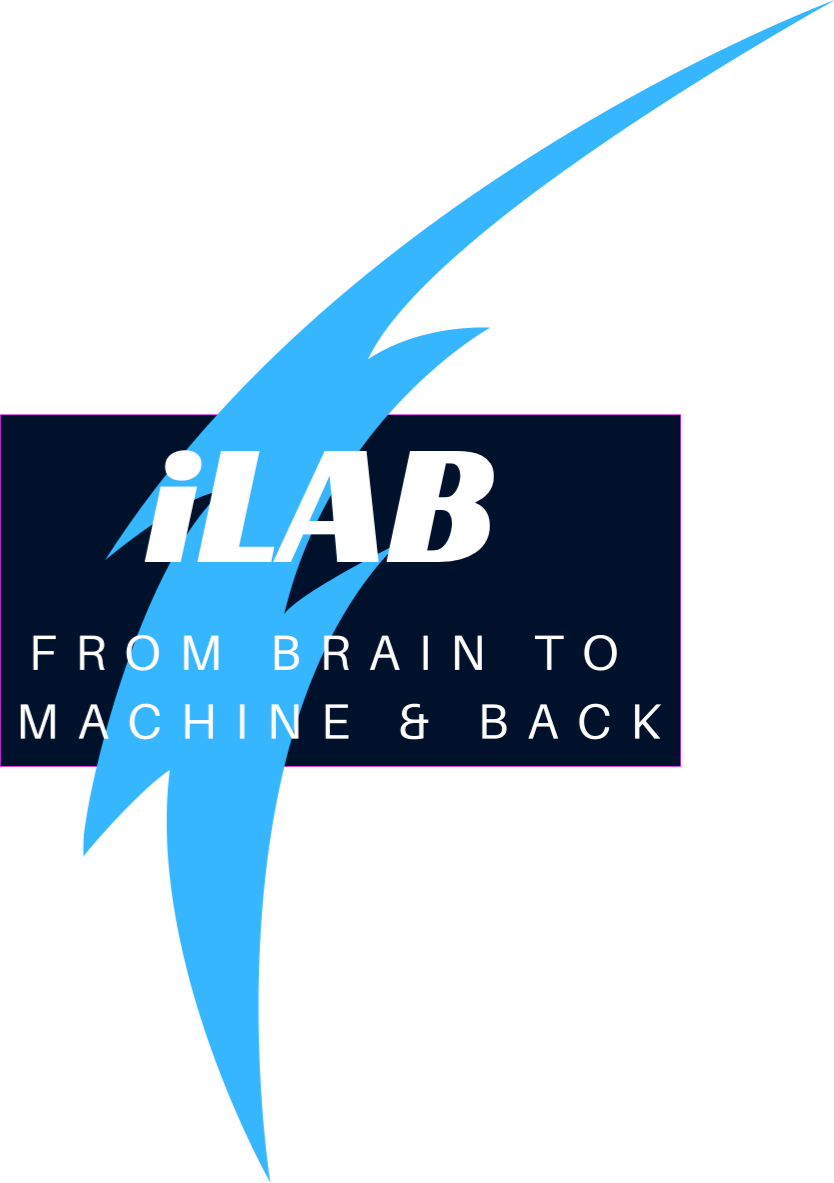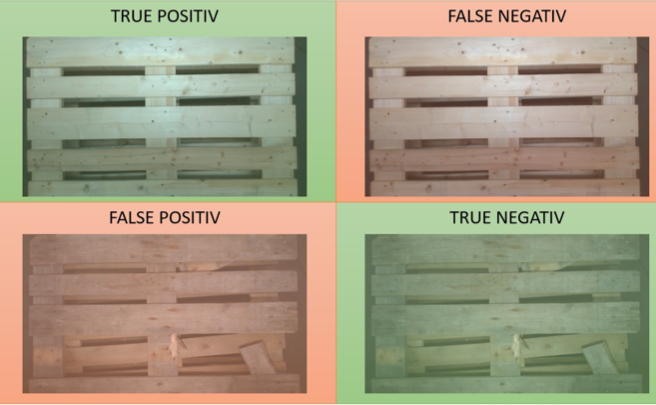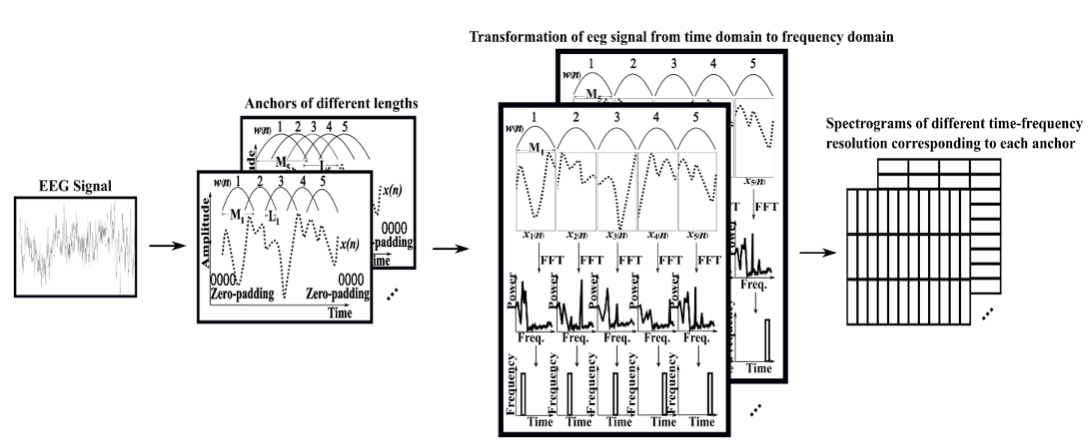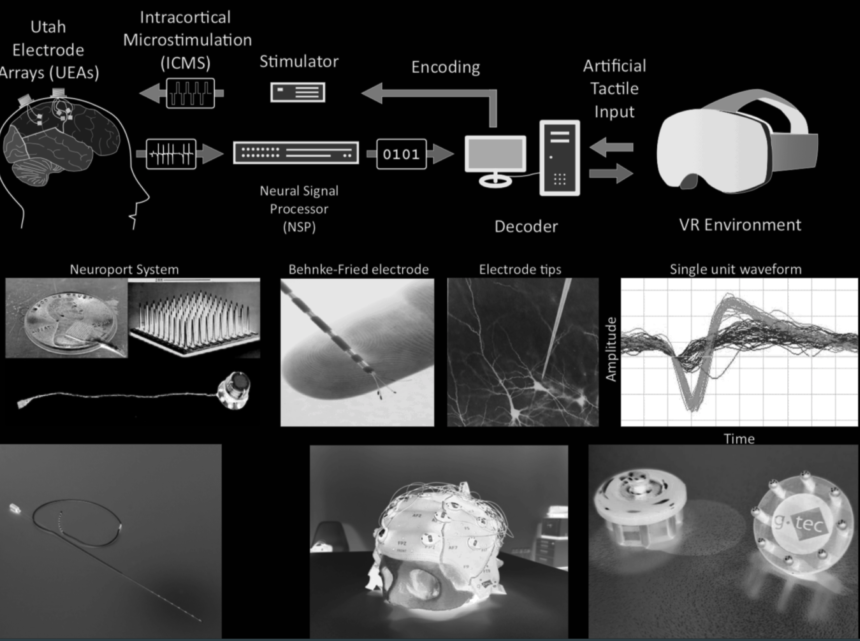Bachelorarbeitsthema Significance of the proposed Master thesis The use of autonomous vehicles is vital in the manufacturing and distribution operations. The automated guided vehicles (AGVs) provide reliable and efficient product handling in several industrial applications. Goals of the proposed Master thesis In this Master thesis, we are aiming a deep learning-based solution for pallet detection … Read More “Pallets Detection and position tracking for automated guided vehicles” »
Author: Muhammad Saif-Ur-Rehman
Preprint https://arxiv.org/abs/2011.14694 AbstractObjective. Brain-computer interfaces (BCIs) enable direct communication between humans and machines by translating brain activity into control commands. Electroencephalography (EEG) is one of the most common sources of neural signals because of its inexpensive and non-invasivenature. However, interpretation of EEG signals is non-trivial because EEG signals have a low spatial resolution and are … Read More “Improving the performance of EEG decoding using anchored-STFT in conjunction with gradient norm adversarial augmentation” »
Publication in Journal of Neural Engineering https://doi.org/10.1088/1741-2552/abc8d4 Abstract Objective. Advancements in electrode design have resulted in micro-electrode arrays with hundreds of channels for single cell recordings. In the resulting electrophysiological recordings, each implanted electrode can record spike activity (SA) of one or more neurons along with background activity (BA). The aim of this study is … Read More “SpikeDeep-Classifier: A deep-learning based fully automatic offline spike sorting algorithm” »
Masterarbeitsthema Abstract: Brain-computer interface (BCI), “the recipe of decoding intended actions from neural signals” is a way forward towards creating an intelligent neuroprosthetics solution. Deep learning (DL) algorithms provide many state-of-the-art results in the rapidly growing BCI applications. Despite this fact, DL algorithms are fragile against synthetic inputs called “adversarial inputs”. These inputs can be … Read More “An investigation of existence of the adversarial inputs in the brain-computer interface (BCI) applications (Thesis proposal)” »
Abstract: A spike sorting algorithm allows the identification of the activity of each neural source. We published two studies SpikeDeeptector and SpikeDeep-Classifier in the journal of the neural engineering. This study is based on our previously published studies. In this study, we aim to identify the neural activity of each source, online. More importantly, we … Read More “Online SpikeDeep-Classifier: The supervised learning based online spike sorting algorithm (Thesis-Proposal)” »
Brain-computer interface (BCI) systems are a rapidly growing technology that controlsexternal devices, e.g. a neuroprosthetic limb, by directly decoding intended movements from the recorded neural activities and bypassing the spinal cord. Decoding neural activity is a two-step process, feature vector extraction and classification/regression. In online BCI applications, non-stationary behavior of neural signals makes the process of … Read More “Spike-Deeptector in conjunction with artifact rejector: A deep-learning based feature extractor for online invasive BCI applications (Thesis-Proposal)” »




